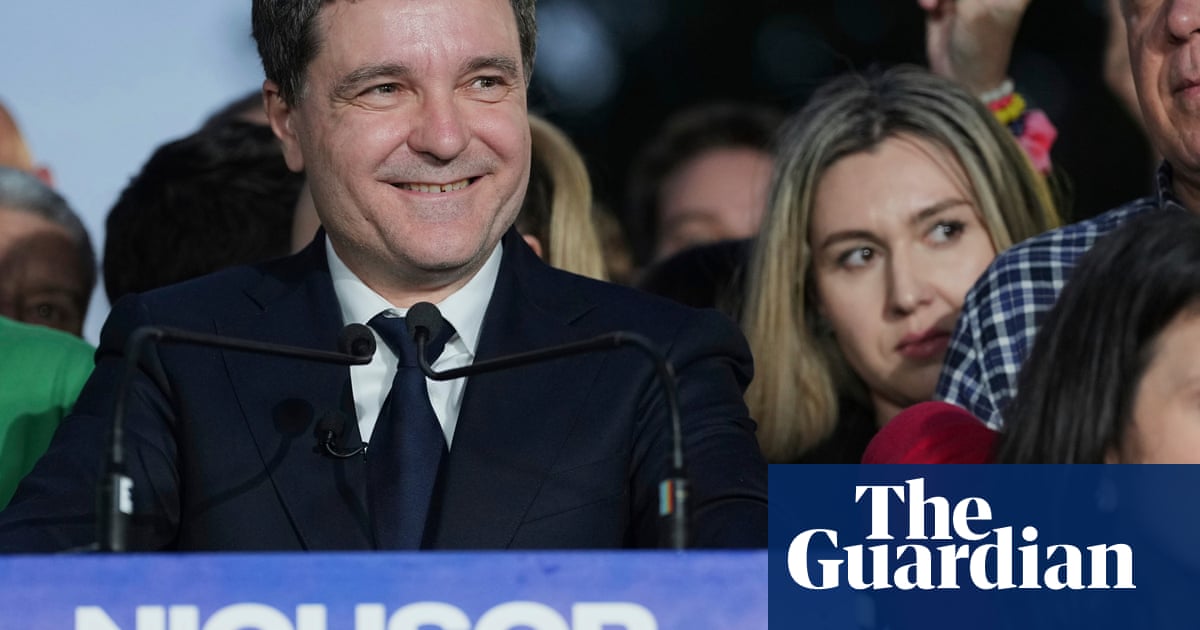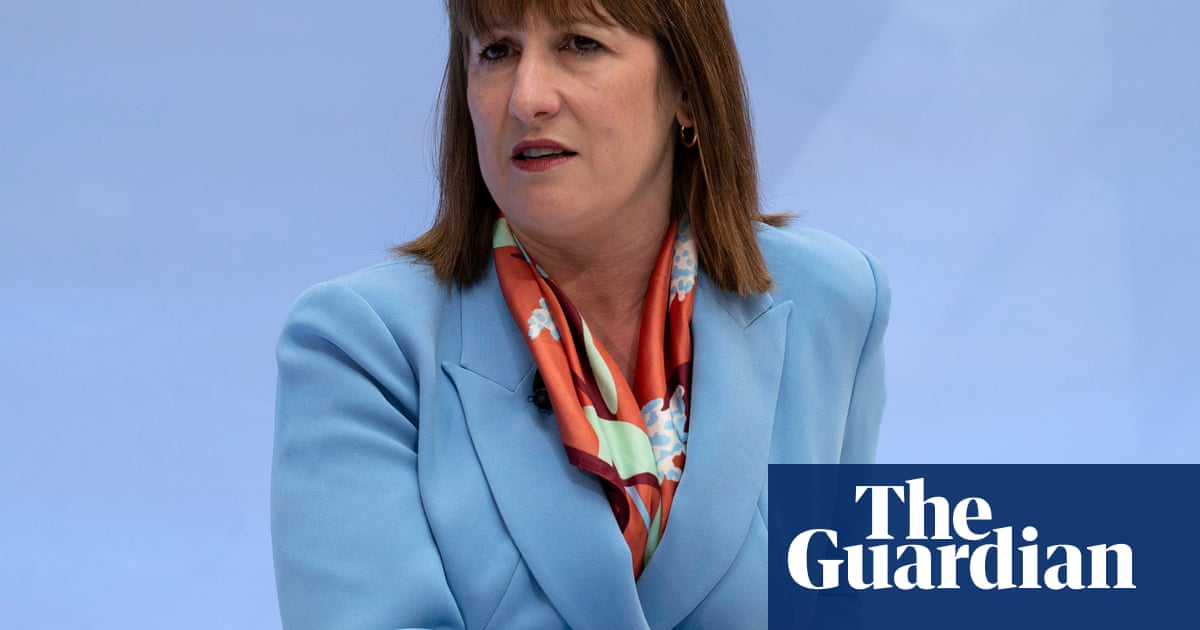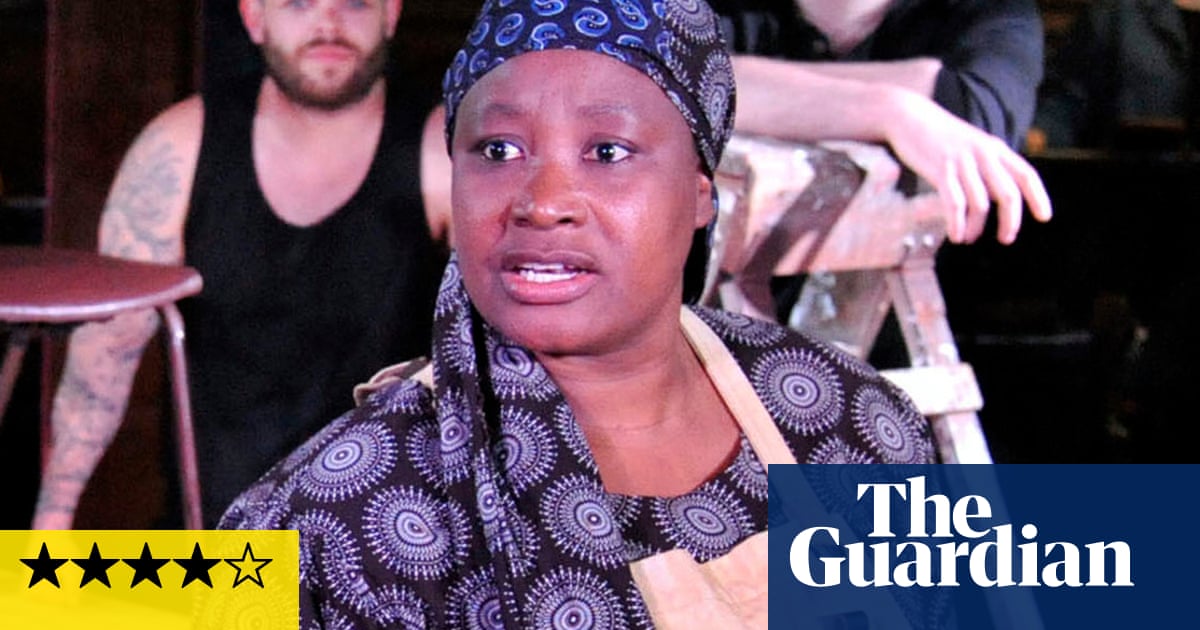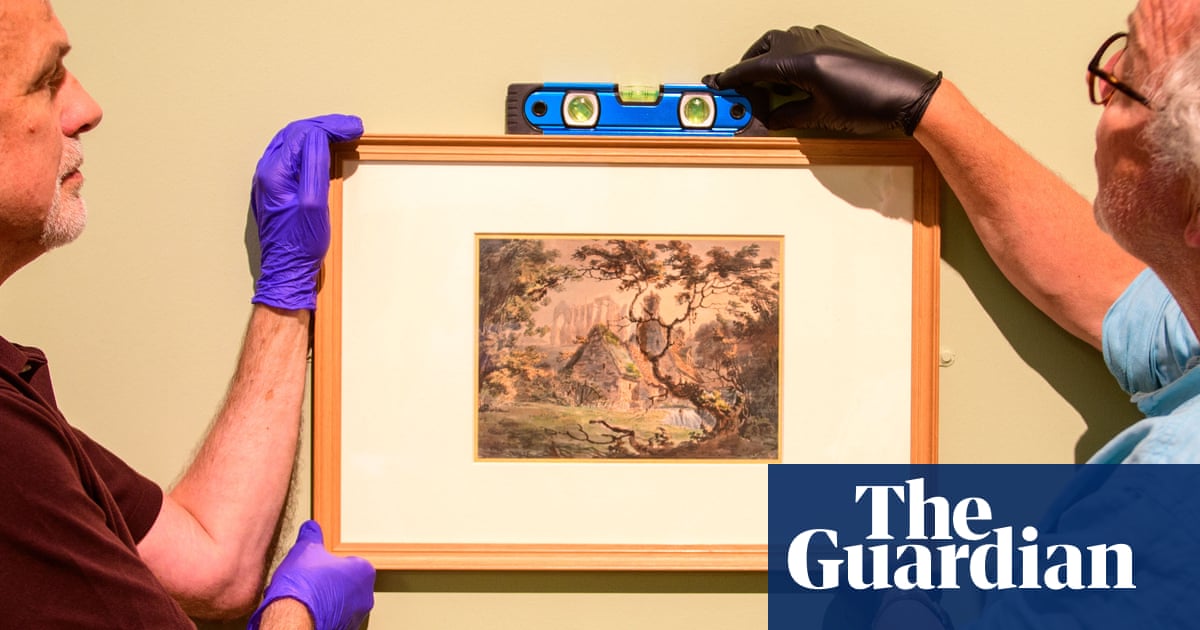The UK government is trying to placate peer and Labour backbencher concerns about copyright proposals by pledging to assess the economic impact of its plans.
Creative professionals including Sir Paul McCartney, Sir Tom Stoppard and Kate Bush have strongly criticised ministers’ proposals to let artificial intelligence companies train their models on copyright-protected work without permission, unless the rights holder opts out.
Their stance has been supported by peers, who have passed amendments pushing back on the proposals, and by some backbench MPs.
It is understood that concessions offered to MPs and peers this week include an economic impact assessment, with a report that could address issues such as how AI developers access data to train their models and transparency around use of copyright-protected works.
Ministers are hoping the concessions will allow thethe data (use and access) bill to pass. The bill has been used as a vehicle for fighting back against the proposals but now could be stuck in a process known as “ping pong”, where a bill is batted between the House of Lords and the House of Commons while amendments are added and removed. The government’s overtures were first reported by the Times.

Beeban Kidron, the cross-bench peer who successfully introduced amendments to the bill that battle the proposals, only for them to be removed by the government, said the Department for Science, Innovation and Technology was “almost exclusively” focused on the interests of the US tech lobby. Her amendments on transparency – allowing copyright owners to know when, where and how their work is used in AI models – will at least give copyright holders some protection, she said.
“In the absence of a UK government willing to protect its workers and wealth creators, at least that way UK-based copyright holders would have some of the tools to protect themselves.”
James Frith, a Labour member of the culture, media and sport committee, said: “I remain encouraged by the government’s commitment to a dialogue on this.”
But, he added, there needed to be complete transparency on how copyright protected work was used and use of such material needed to be compensated.
after newsletter promotion
“I have yet to see an explanation as to why AI companies are held back by copyright or by having to pay for content,” said Frith.
A government spokesperson said: “No final decisions have been taken. We are carefully considering the consultation responses and continue to engage with tech companies, the creative industries, and parliament to inform our approach.
“We have always been clear that no changes will be made until we are absolutely confident we have a practical plan that delivers on each of our objectives.”
The government is expected to publish its response to a consultation on the proposals over the summer or by October.

.png) 1 month ago
34
1 month ago
34

















































